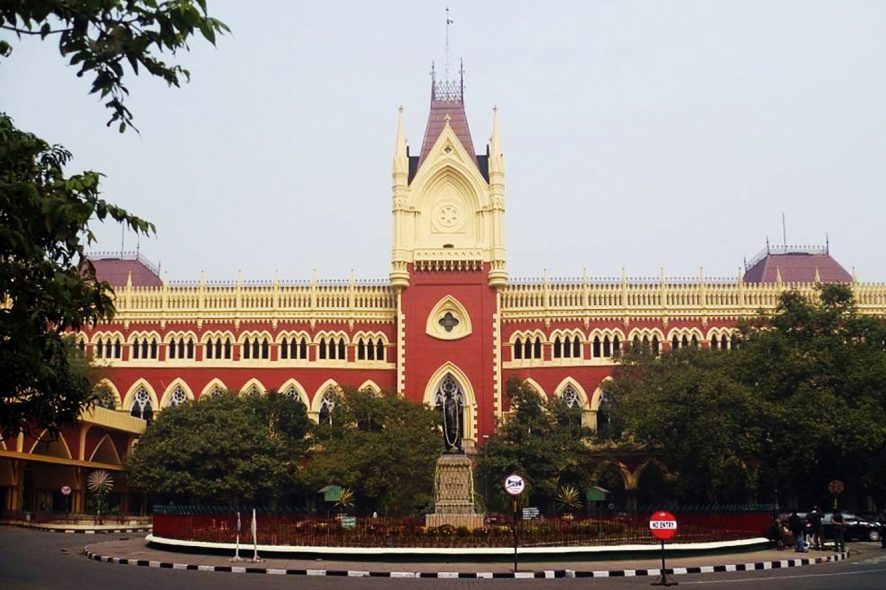Calcutta High Court: While deciding the question that whether Council for the India School Certificate Examinations (hereinafter ‘Council’) is a State or a State Instrumentality under Article 12 of the Constitution, thus a ‘public authority’ for the purposes of Right to Information Act, 2005, the Bench of Shivakant Prasad, J., held that on account of its origin, constitution and functioning, the Council does not come under the definition of ‘public authority’ as enumerated under Section 2(h) of the RTI Act.
In the present case, the petitioner made an application under Right to Information Act, 2005 with a prayer for issuance of original answer scripts upon due completion of formalities, as the petitioner’s son was not satisfied with the marks he obtained in his Class-X examination. The information was refused by the Council on the ground that it does not fall under the category of public authority as per the 2005 Act. The counsel for the petitioner Ekramul Bari contented that, the Council has sufficient representation of the Government of India, State Governments and Union Territory and discharges public function by way of “serving the nation’s children, through high quality educational endeavours, empowering them to contribute towards a humane, just and pluralistic society.” The counsel for the respondent presented their rebuttal by citing the various regulations of the ICSE examination with regard to evaluation of answer scripts enquiries concerning examination results.
Perusing the arguments, the Court observed that the Council is not a public authority established or constituted under the Constitution, under the law enacted by the Parliament or by the State Legislature or body owned, controlled or substantially financed, directly or indirectly by the fund provided by the appropriate Government. The Council was established in 1958 by the University of Cambridge Local Examinations Syndicate and is registered under the Societies Registration Act, 1860 and is administered by an Executive Committee and is not under the control of the HRD Ministry. The Court observed that although corrected answer scripts come under the category of ‘information that can be accessed’, however there is nothing that shows that the Council has a substantial government control over its functions and administration, therefore it is not a public authority and does not come under the purview of the RTI Act. [Dinesh Sinha v. Council for the India School Certificate Examinations, 2016 SCC OnLine Cal 4499, decided on 01.09.2016]







